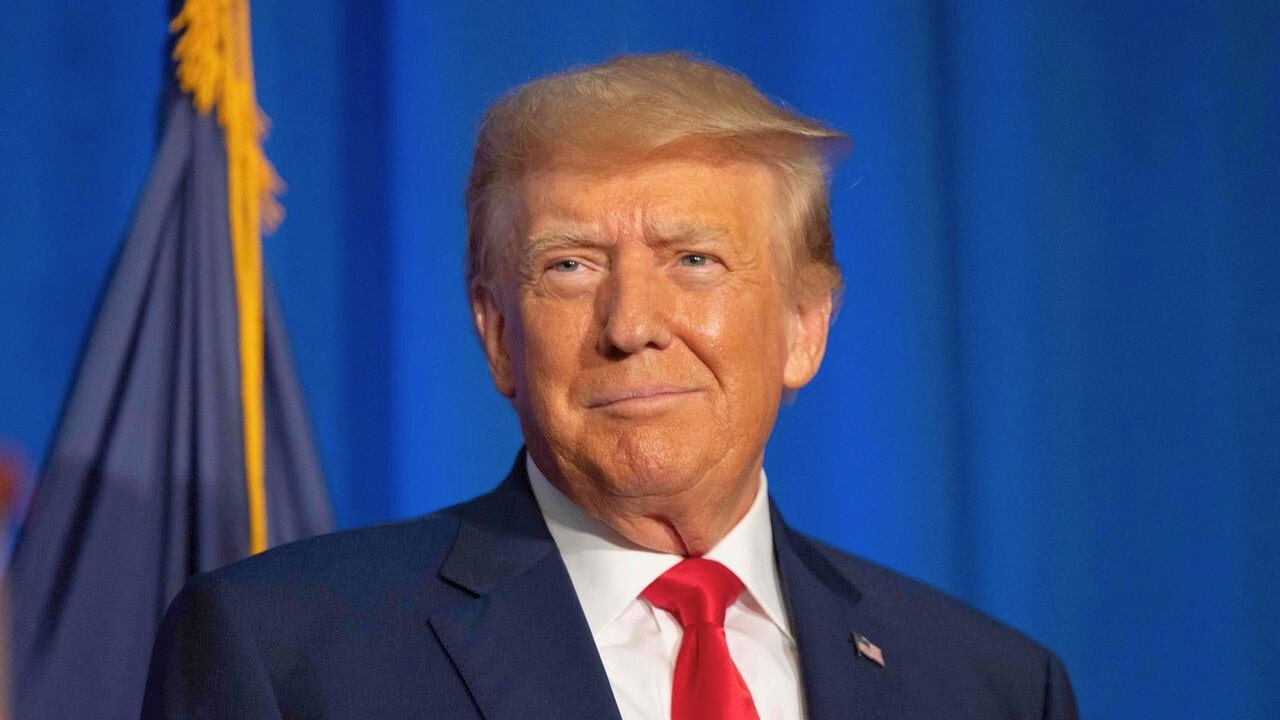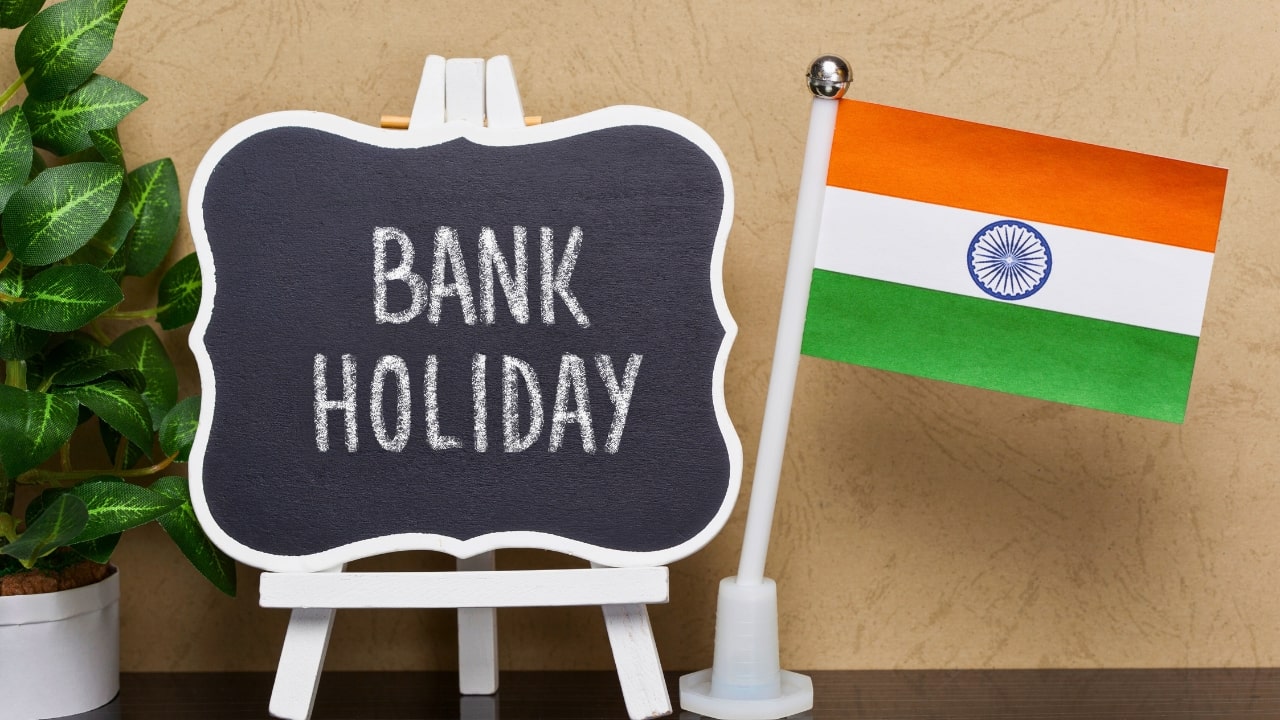The Trump administration of America has once again suffered a major setback. This time, the reason is a US court that has banned the ‘Liberation Day’ tariff imposed by President Donald Trump. The Manhattan Federal Court of America has banned the ‘Liberation Day’ tariff imposed by President Donald Trump, terming it unconstitutional.
A three-judge bench of the Manhattan-based Court of International Trade said in its decision that Trump violated his constitutional rights and took such a step that the US Constitution does not permit.
What Was The ‘Liberation Day’ Tariff?
In April, the Trump administration announced it would impose equally heavy tariffs (import duty) on goods coming from countries that buy fewer goods from America but export more. It was named ‘Liberation Day’ tariff. The purpose of this decision was reportedly to reduce the trade deficit, but American traders and many state governments challenged it legally.
The Court’s Clear Decision
The court clarified that, according to the US Constitution, only Congress, not the President, has the right to decide foreign trade policy. The court also stated that the tariffs imposed by Trump do not constitute a genuine emergency.
The judges wrote, “This action of the President to impose tariffs, which has no time or scope limit, goes beyond the authority of the law. IEEPA (International Emergency Economic Powers Act) does not give Trump such unlimited authority.”
Trump Administration’s Argument Rejected
The Trump administration cited Richard Nixon’s 1971 decision, when the then-President imposed tariffs under emergency conditions. The administration also said that it is the right of Congress, not the court, to decide the validity of the emergency. However, the court rejected these arguments, stating that the trade deficit has existed for decades and that labelling it an emergency is not supported by facts.
Who Were The Challengers?
The decision came in two important cases, one filed by a group of US small traders and the other by the attorneys general of 12 Democratic states. The petitioners argued that it was beyond Trump’s jurisdiction to impose tariffs globally using IEEPA.
What’s Next?
The Trump administration can challenge the decision in the US Court of Appeals for the Federal Circuit, and if necessary, the case could proceed to the Supreme Court. This is the first time a federal court has ruled that Trump’s tariff policy is illegal, which could set an important precedent for such decisions in the future.










